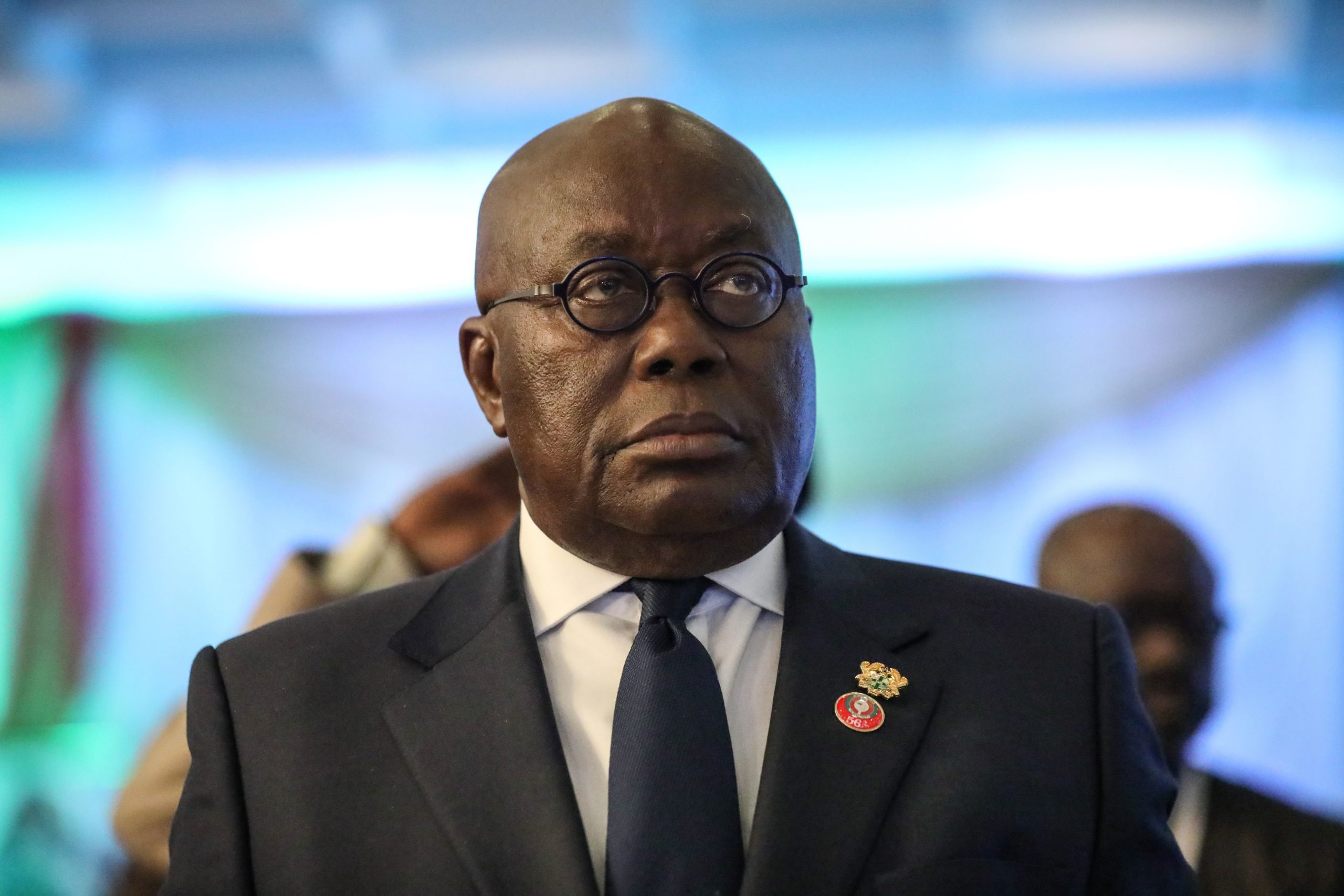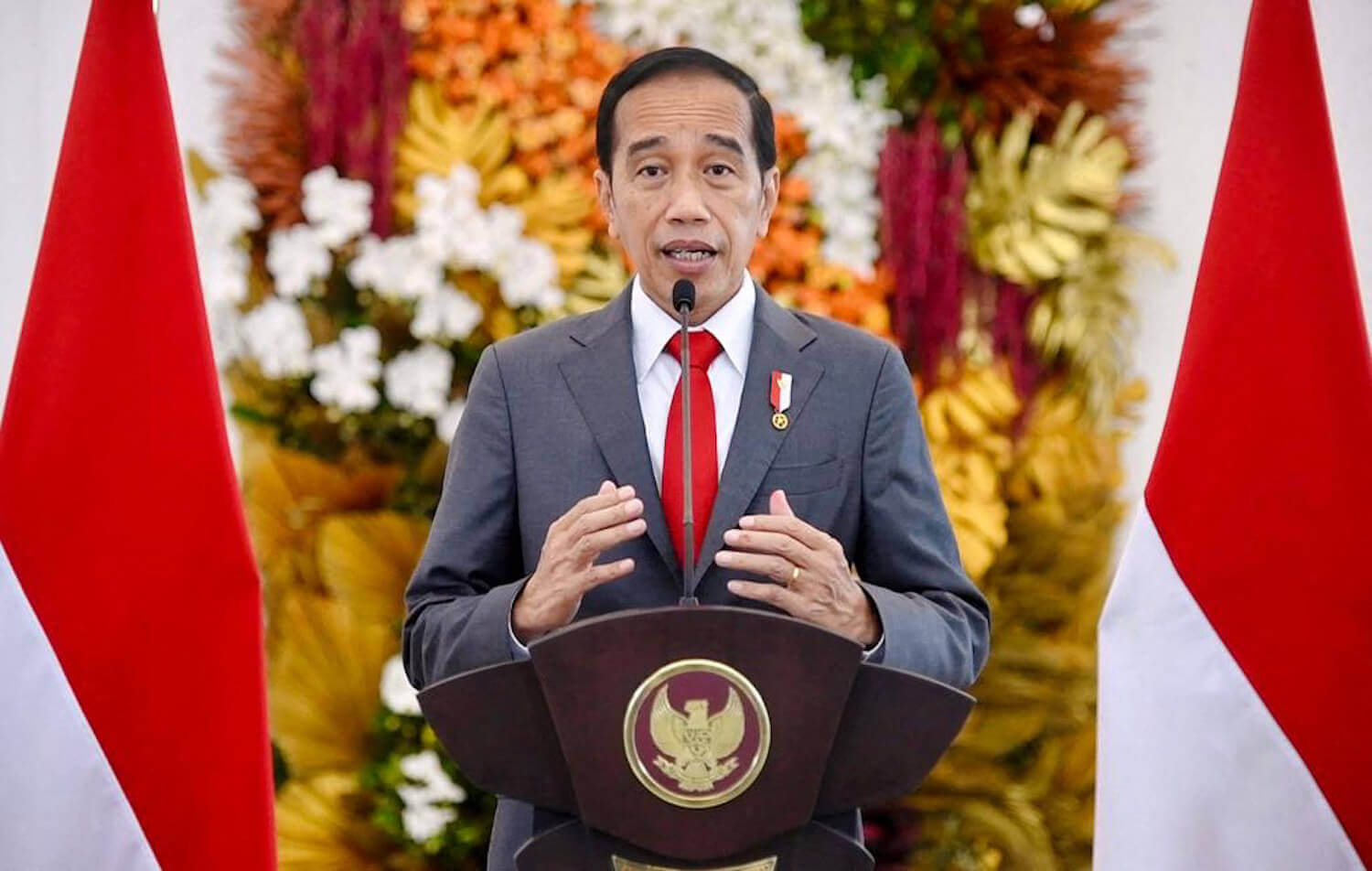South Asia
On Thursday, just three days after his conversation with Chinese President Li Keqiang, Pakistani Prime Minister Shehbaz Sharif met with a Chinese External Security Commissioner Cheng Guoping. Sharif hailed the China Pakistan Economic Corridor as a project that has “immensely contributed to the socio-economic development of Pakistan” and also vowed to punish all those behind the recent terrorist attack in Karachi, in which three Chinese nationals were killed. [Associated Press of Pakistan]
During his three day visit to Tokyo next week for the Quad Leaders’ Summit, Indian Prime Minister Narendra Modi will also hold bilateral meetings with the leaders of Japan, Australia, and the United States. A press release by India's Ministry of External Affairs said Modi will discuss intercultural, business, strategic, and trade ties. [Indian Ministry of External Affairs]
Central Asia and the Caucasus
The Taliban has said that Afghanistan owes over $100 million for electricity imported from Uzbekistan and Tajikistan, and is finding it difficult to pay for new imports, as Western sanctions have crippled the war-torn country’s economy. A report by the US Special Inspector General for Afghanistan Reconstruction (SIGAR) said that Afghanistan imports over 80% of its electricity from neighbouring countries, meaning that over 10 million Afghans could be left without power if they cut off electricity to the country. [Kun.uz]
Armenian Prime Minister Nikol Pashinyan, Azerbaijani President Ilham Aliyev, and European Council President Charles Michel are scheduled to meet in Brussels on May 22 for the second time since April for peace talks over the Nagorno-Karabakh dispute. [Interfax]
East and Southeast Asia
Independence figure and Nobel laureate Jose Ramos-Horta was sworn in as the fifth president of Timor-Leste on Friday. During his official address, he pledged to use his time in office to build closer ties with China. “It is our intention to expand bilateral cooperation with China. Especially in the areas of sustainable, organic agriculture, small industries, trade, new technologies, renewable energy, connectivity, digitalisation, artificial intelligence and urban and rural infrastructure,” he said. [The Straits Times]
Indonesian President Joko Widodo announced on Thursday that the country’s palm oil export ban will be lifted on May 23, as the average price of cooking oil has begun to decrease domestically. Jokowi said that the decision had been “based on the current supply and price of cooking oil and considering that there are 17 million workers in the palm oil industry.” [Channel News Asia]
Europe
British Home Secretary Priti Patel and Rwandan Minister for Foreign Affairs Vincent Biruta, who recently signed a deal to relocate a number of illegal immigrants from the United Kingdom to Rwanda, travelled to Geneva together to meet with the United Nations representatives of Australia, Canada, New Zealand, and the United States. They also met with United Nations High Commissioner for Refugees and United Nations Deputy High Commissioner for Human Rights Nada Al-Nashif. During the meetings, the two officials sought to present Rwanda as a “fundamentally safe and secure country with a proud track record of supporting asylum seekers.” [GOV.UK]
On Thursday, United States Joint Chiefs of Staff Chairman Gen. Mark Milley spoke with his Russian counterpart Valery Gerasimov for the first time since the Russian invasion of Ukraine began on February 24. According to a readout from the Joint Staff spokesperson Col. Dave Butler, the pair “discussed several security-related issues of concern and agreed to keep the lines of communication open.” Their meeting comes shortly after Secretary of Defense Lloyd Austin spoke with Russian Defence Minister Sergei Shoigu last week. [The Hill]
Amid calls from the European Parliament for sanctions against former German Chancellor Gerhard Schröder over his continued close ties to Russia, German Chancellor Olaf Schol said that his government's decision to strip him of his office is sufficient, saying, “I do not think that anything else is necessary at the moment.” He added, however, that Schröder should step down from his positions on the boards of Russian state-owned energy companies. [Politico]
Latin America and the Caribbean
Peruvian Health Minister Jorge López announced an epidemiological alert amid the spread of monkeypox. Although Peru has not recorded any cases of the viral disease so far, it has been reported in various other countries. The National Center for Epidemiology, Disease Prevention and Control (CDC) and the National Health Institute (INS) will be monitoring citizens for the disease, while López added that the government is considering importing vaccines. [Telesur]
Nicaraguan President Daniel Ortega said he is “not interested” in attending the upcoming United States (US)-hosted Americas Summit, an event that the US has hinted he may not be invited to due to human rights and electoral abuses. Ortega noted that the 32 Latin American leaders had already met via the Community of Latin American and Caribbean States. To this end, he said that the Summit “does not dignify anyone, rather, it dirties them.” Alongside Nicaragua, Cuba and Venezuela may also be barred from attending the event. [Reuters]

Middle East and North Africa (MENA)
The Israeli military on Thursday said it has identified a soldier’s rifle that may have killed Al Jazeera journalist Shireen Abu Akleh, adding that it cannot be certain unless the Palestinian Authority turns over the bullet. [Associated Press]
United States President Joe Biden could meet with Saudi Crown Prince Mohammed bin Salman (MBS) as soon as next month, CNN reported on Thursday. US officials are in talks with their Saudi counterparts about arranging the meeting during a Gulf Cooperation Council (GCC) conference in Riyadh next month. US-Saudi relations have been at an all-time low after the Biden administration blamed MBS for the murder of Saudi journalist Jamal Khashoggi and cut military aid to Riyadh over human rights violations in Yemen. [CNN]
North America
The United States Senate passed a $40 billion bill for new military and humanitarian assistance to Ukraine in an 86-11 vote on Thursday. President Joe Biden thanked Congress “for sending a clear bipartisan message to the world that the people of the United States stand together with the brave people of Ukraine as they defend their democracy and freedom.” [Washington Post]
After years of delay, Canada on Thursday has barred Chinese technology companies Huawei and ZTE from operating on their 5G networks, citing national security concerns. Canadian companies will have until June 28, 2024 to terminate agreements with Huawei and ZTE for 5G equipment, and until December 31, 2027 for existing 4G equipment. China criticised the move, calling it a form of “political manipulation” and a violation of free-market principles. [CBC News]
Oceania
Australia’s opposition has accused incumbent Prime Minister Scott Morrison of “abandoning” Pacific partners with a “lack of funding,” which they claim gave China an opportunity to strike a security deal with the Solomon Islands. According to The Australian, Minister for Foreign Affairs Marise Payne had submitted a proposal to double Australia’s Pacific aid in November last year to minimise China’s influence in the region. However, the proposal was rejected by the Cabinet’s National Security Committee. [Sky News]
One monkeypox case has been detected in Victoria, with another suspected case in New South Wales. The patient had travelled to Australia from London via Abu Dhabi. Victoria Chief Health Officer Brett Sutton warned of more cases but said he does not expect border closures. Apart from Australia, the virus has also been detected in the United States and several European countries. [News.com.au]
Sub-Saharan Africa
On Thursday, Ghanaian President Nana Akufo-Addo expressed concerns about the impact of the Ukraine war on Africa’s food security. Fertiliser shortages are likely to affect the country’s soy and maize production as well as its poultry industry. In this regard, Akufo-Addo emphasised the benefits of the African Continental Free Trade Agreement and of becoming self-sufficient. He thus suggested a bilateral trade mechanism between Ghana, which produces tropical oils and Morocco, a top producer of wheat. [Ghanian Times]
Speaking at the United Nations Security Council (UNSC), UN Assistant Secretary-General for Africa Martha Ama Akyaa Pobee highlighted a need for renewed efforts to tackle terrorism and insecurity in the Sahel region, particularly in Mali and Burkina Faso. Meanwhile, the President of the Rights and Resources Initiative/Group, Solange Bandiaky-Badji, said that efforts need to go beyond counterterrorism measures and move towards “reconciliation, dialogue and tangibly improving vulnerable people’s livelihoods.” [Africa News]

